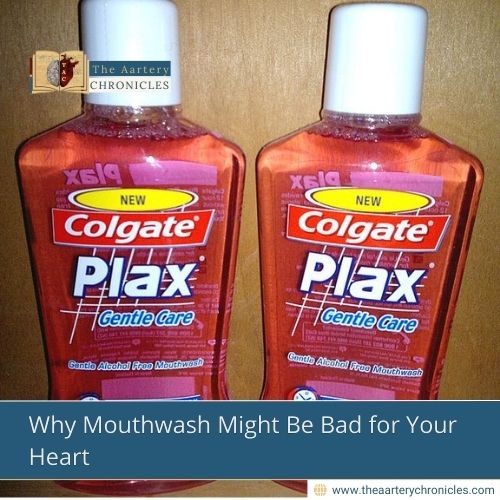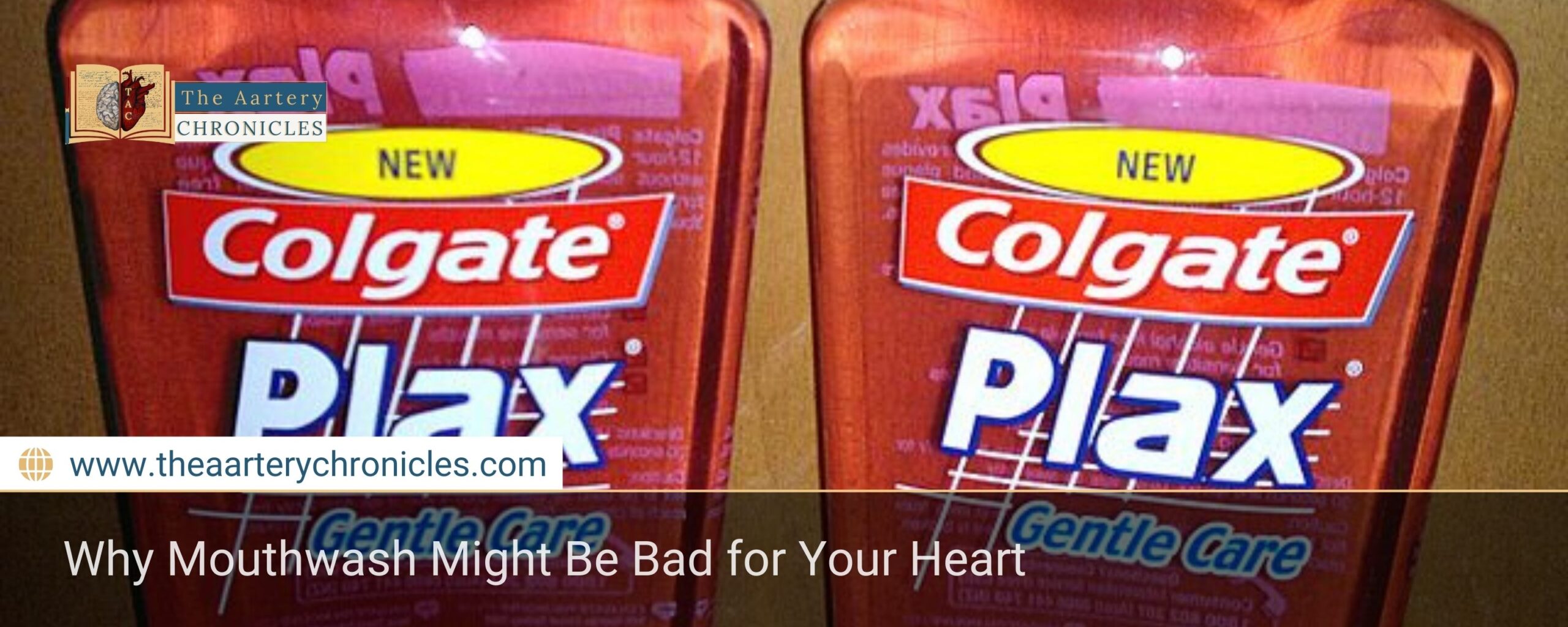

Why Mouthwash Might Be Bad for Your Heart
Most of us start our day with brushing, flossing, and a quick rinse with mouthwash to feel fresh and keep our teeth and gums healthy. But new research warns that this common habit might be silently harming your heart especially if you use mouthwash daily.
A recent study from the University of Plymouth, published in Free Radical Biology and Medicine, has revealed that using mouthwash can interfere with one of the most important benefits of exercise: lowering blood pressure.
Mouth Bacteria: More Important Than You Think
Exercise is well-known for improving heart health by lowering blood pressure. One key reason this happens is due to a molecule called nitric oxide, which helps widen blood vessels and improve blood flow. During and after exercise, this widening of blood vessels (known as vasodilation) reduces pressure on the heart.
Here’s the surprising part: certain beneficial bacteria in your mouth help produce this effect. These bacteria convert nitrate (produced during exercise) into nitrite, which the body then uses to make more nitric oxide. This process plays a big role in keeping your blood pressure low even after you’re done exercising.
What Happens When You Use Mouthwash?
To understand this better, researchers tested 23 healthy people who walked on a treadmill for 30 minutes. After the workout, some rinsed with an antibacterial mouthwash (containing 0.2% chlorhexidine), while others used a mint-flavored placebo rinse.
The results were eye-opening:
- Those who used mouthwash showed 60% less blood pressure-lowering effect one hour after exercising.
- Two hours after the workout, the benefit was completely gone.
- In contrast, the placebo group saw a healthy drop in blood pressure around 5.2 mmHg.
This clearly shows that mouthwash kills the helpful bacteria needed to complete this heart-protective process.
Why This Matters for Your Heart
Dr. Raul Bescos, the lead researcher, explained that the oral bacteria act like a “key” that helps open up blood vessels after exercise. Without them, nitrite can’t be formed, nitric oxide production drops, and blood vessels don’t widen as they should. Over time, this could contribute to high blood pressure, a major risk factor for heart attacks even in young people.
Another researcher, Craig Cutler, added that even when you’re not exercising, regular use of antibacterial mouthwash has been shown to increase blood pressure at rest.
What Should You Do?
This doesn’t mean you need to stop using mouthwash completely. But if you’re someone who uses it multiple times a day, especially after exercising it may be time to reconsider. Good oral hygiene is essential, but overusing antibacterial products might be doing more harm than good by wiping out helpful bacteria too.
Conclusion
Your oral health has a more significant impact on heart health than you might realize. While exercise remains a powerful tool to lower blood pressure, mouthwash could be getting in the way. More research is ongoing, but for now, it’s worth being mindful of how often you use antibacterial mouth rinses.
If you’re at risk of high blood pressure or heart disease, consider using milder mouthwashes or natural alternatives and avoid using mouthwash right after workouts.
Source: Inputs from various media Sources

Priya Bairagi
Reviewed by Dr Aarti Nehra (MBBS, MMST)
I’m a pharmacist with a strong background in health sciences. I hold a BSc from Delhi University and a pharmacy degree from PDM University. I write articles and daily health news while interviewing doctors to bring you the latest insights. In my free time, you’ll find me at the gym or lost in a sci-fi novel.








